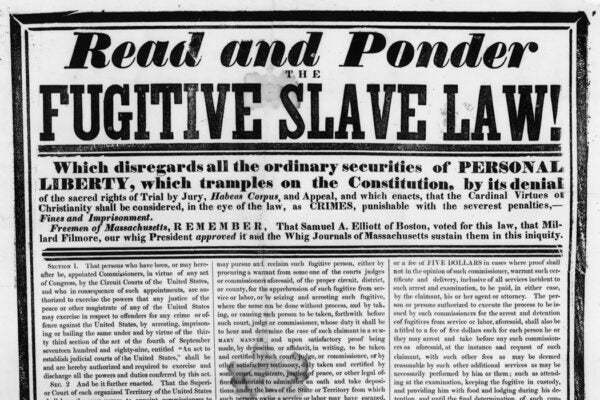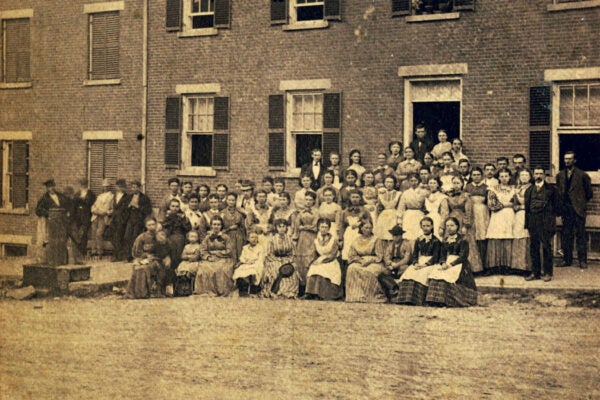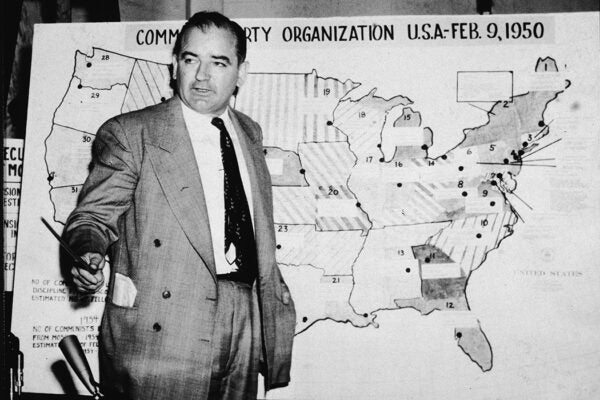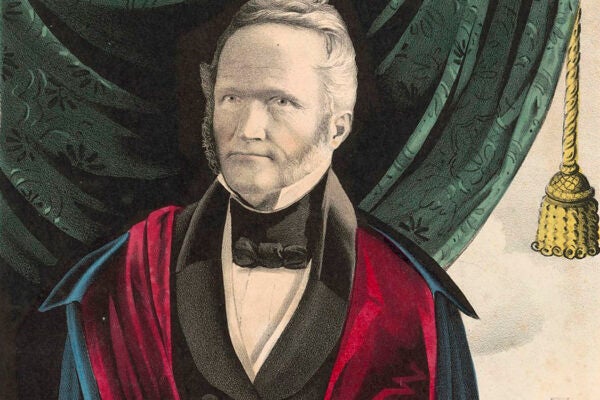The Fugitive Slave Act of 1850: Annotated
The Fugitive Slave Act erased the most basic of constitutional rights for enslaved people and incentivized US Commissioners to support kidnappers.
Lowell’s Forgotten House Mothers
As vital to the success of industrial New England as the mill girls who toiled in the factories were the women who oversaw their lodging.
Joseph McCarthy in Wheeling, West Virginia: Annotated
Senator Joseph McCarthy built his reputation on fear-mongering, smear campaigns, and falsehoods about government employees and their associates.
The Treaty of Paris 1783: Annotated
The Treaty of Paris marked the end of the Revolutionary War and the hostilities between Great Britain and the newly independent United States—at least temporarily.
Draft Resistance in Japanese American Internment Camps
Arguing that they had been stripped of their citizenship and rights, hundreds of Nisei risked extending their imprisonment by resisting the draft.
The Complex History of American Dating
While going out on a date may seem like a natural thing to do these days, it wasn't always the case.
Missouri Compromise of 1820: Annotated
The “compromise” attempted to answer the question of whether the Missouri territory would be admitted to the Union as a “slave” or “free” state.
The Power of Pamphlets in the Anti-Slavery Movement
Black-authored print was central to James G. Birney’s conversion from enslaver to abolitionist and presidential candidate.
Bundling: An Old Tradition on New Ground
Common in colonial New England, bundling allowed a suitor to spend a night in bed with his sweetheart—while her parents slept in the next room.
“Heed Their Rising Voices”: Annotated
In 1960, an ad placed in the New York Times to defend Dr. Martin Luther King, Jr. and other civil rights activists touched off a landmark libel suit.









